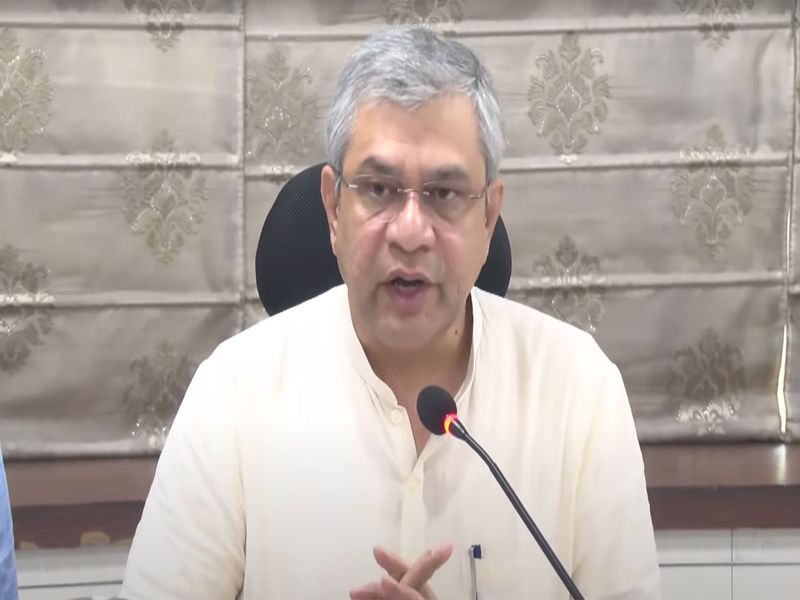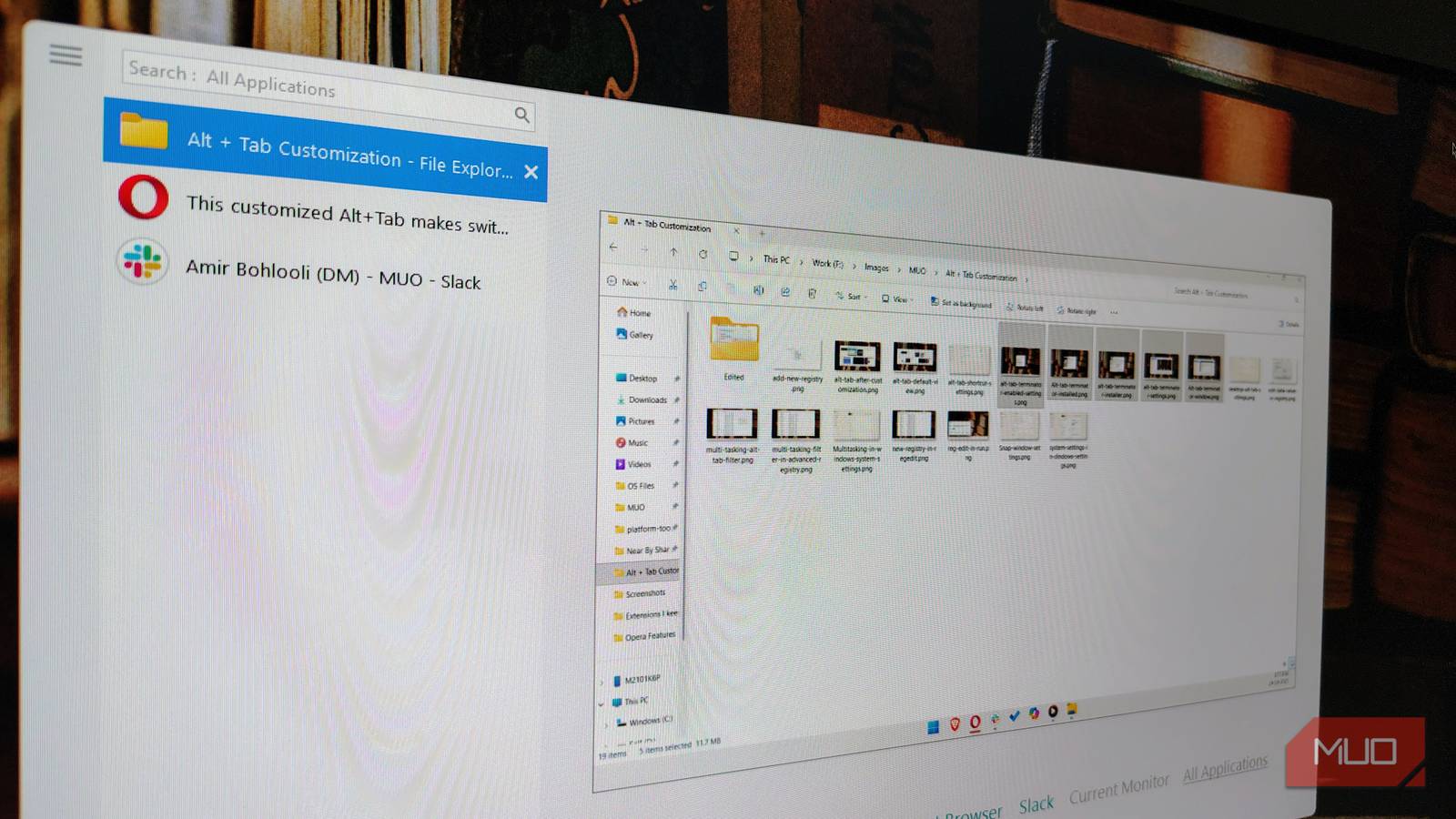Minister for Electronics and Information Technology Ashwini Vaishnaw on Saturday said India’s indigenous navigation system, NavIC, would soon be integrated into mobile phones manufactured in the country. Currently, most devices rely on the US-based GPS system for navigation and map-based applications.
Vaishnaw also announced that homegrown chipsets to power mobile phones and CCTV cameras were targeted to be ready within two years. Chipsets form the core electronic system that powers a mobile phone, including its motherboard and various functions.
Speaking to mediapersons, the minister said India was developing advanced chipsets capable of supporting high-tech applications, including surveillance systems. “Within two years, complete domestic production of mobile phone components, including chipsets, will be achieved,” he said.
The government, Vaishnaw added, would invest over Rs 200 crore to develop energy-efficient microprocessors for high-performance computing, including servers.
He added that over 12 lakh Central government employees have been onboarded onto Zoho’s indigenous digital suite so far.
A fact-checking chatbot is also being developed to verify the authenticity of videos and online content to curb the spread of misinformation, the minister said.
To cushion traditional media, including newspapers, magazines, TV and radio, from disruptions caused by digital transformation, Vaishnaw said a series of initiatives were being planned. These include removing regulatory hurdles in the radio industry and reforming the Television Rating Point (TRP) system.
“The government is working to remove regulatory barriers wherever they exist,” he said, adding that TRP guidelines were being formulated, with the first round of consultations already complete.
The government is also considering raising advertisement rates for print and television media and integrating the Registrar of Newspapers for India (RNI), Central Bureau of Communication (CBC) and Press Information Bureau (PIB) for better coordination across media and outreach functions.
Vaishnaw also announced that construction for a new campus of the Indian Institute of Creative Technology (IICT) would begin in November. Spread across 10 acres, the new campus will expand the institute’s advanced training programmes in VFX, post-production, XR, gaming and animation, in collaboration with global tech giants such as Google, Meta, Microsoft and Apple.


